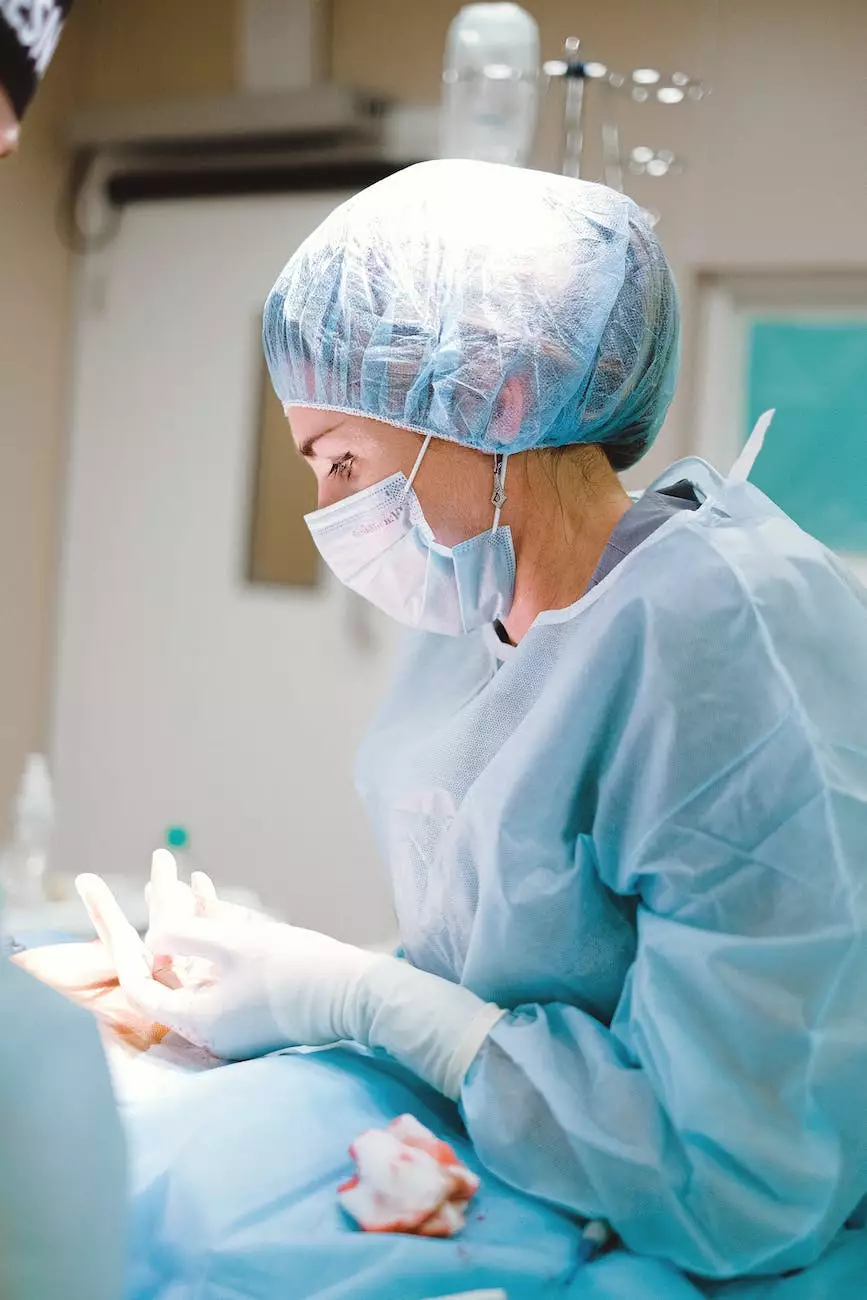Understanding Hysterectomy Health Risks

When it comes to women's health, one common procedure that is often recommended is a hysterectomy. This surgical operation involves the removal of the uterus, and sometimes the ovaries and fallopian tubes as well. While hysterectomies can be beneficial for certain medical conditions, it is important to understand the potential health risks associated with this procedure.
Why is Hysterectomy Performed?
A hysterectomy may be recommended by doctors in various situations, such as:
- Uterine fibroids: These are noncancerous growths that can cause pelvic pain, heavy menstrual bleeding, and discomfort.
- Endometriosis: This condition occurs when the tissue lining the uterus grows outside of it, leading to pain and potential fertility issues.
- Uterine prolapse: The weakening of pelvic floor muscles can cause the uterus to slip down into the vagina.
- Abnormal bleeding: Persistent and severe menstrual bleeding that doesn't respond to other treatments.
- Chronic pelvic pain: Unexplained pelvic pain that affects a woman's quality of life.
- Ovarian or cervical cancer: In certain cases, a hysterectomy may be performed as part of cancer treatment.
Understanding the Risks
While a hysterectomy can provide relief from various gynecological issues, it's crucial to acknowledge that there are potential health risks involved. These risks can vary depending on factors such as age, overall health, and the specific type of hysterectomy performed.
Infection
Like any surgical procedure, there is always a risk of infection. It is important to meticulously follow post-operative care instructions to minimize this risk. Any signs of infection, such as fever, redness, or discharge, should be promptly reported to your healthcare provider.
Blood clots
Hysterectomy, especially when combined with other procedures, can increase the risk of blood clots. These clots can potentially travel to vital organs, causing serious complications. It is essential to stay active, use compression stockings, and take prescribed blood thinners, if necessary, to lower the risk of blood clot formation.
Organ damage
During the hysterectomy procedure, nearby organs such as the bladder, bowel, or blood vessels can be accidentally damaged. Surgeons take utmost care to minimize these risks, but it's important to be aware of the possibility. Symptoms like severe pain, bleeding, or difficulty urinating after the procedure should be reported immediately.
Early menopause
If the ovaries are removed during a hysterectomy, it can induce early menopause in women. This sudden hormonal change can lead to symptoms like hot flashes, mood swings, and vaginal dryness. Your healthcare provider may recommend hormone replacement therapy (HRT) to manage these symptoms and reduce long-term health risks associated with menopause.
Emotional impact
A hysterectomy can have emotional implications for some women, particularly those who were hoping to conceive in the future. Coping with the inability to bear children or the loss of reproductive organs can be challenging. It's essential to seek emotional support from loved ones or even consider professional counseling to address any emotional distress that may arise.
Minimizing the Risks
Although there are potential health risks associated with hysterectomy, many of them can be minimized through proper pre-operative evaluation and post-operative care. Here are a few ways to reduce the risks:
- Choose an experienced gynecological surgeon who specializes in hysterectomy procedures.
- Discuss alternative treatment options with your doctor and explore less invasive options.
- Ensure proper preparation and education about the surgery, including risks and benefits.
- Follow all pre-operative and post-operative instructions provided by your healthcare team.
- Attend all scheduled follow-up appointments to monitor your recovery and address any concerns promptly.
- Lead a healthy lifestyle, including regular physical activity and a balanced diet, to minimize overall health risks.
Consulting with a Specialist
If you are considering a hysterectomy or have been recommended to undergo the procedure, it is crucial to consult with a specialist in the field of Obstetrics and Gynecology. Drseckin.com offers a team of renowned doctors who specialize in hysterectomy procedures and women's health.
Understanding the potential health risks associated with any medical procedure is essential for making informed decisions about your own health. Visit Drseckin.com to access expert advice and guidance from top Obstetricians & Gynecologists who can provide you with the information and support you need.
hysterectomy health risks









